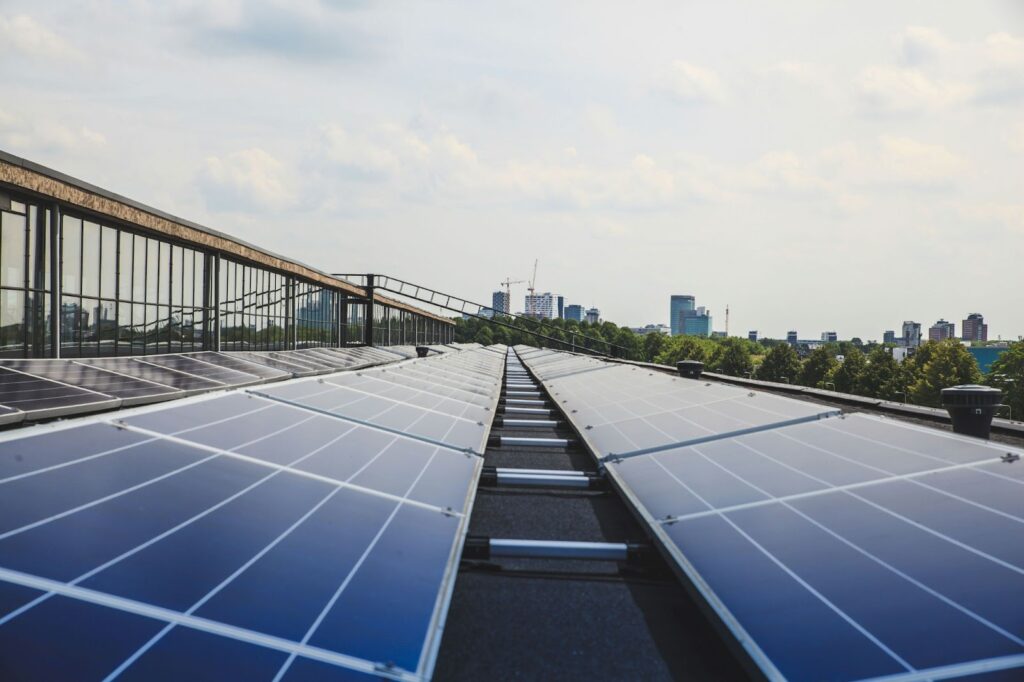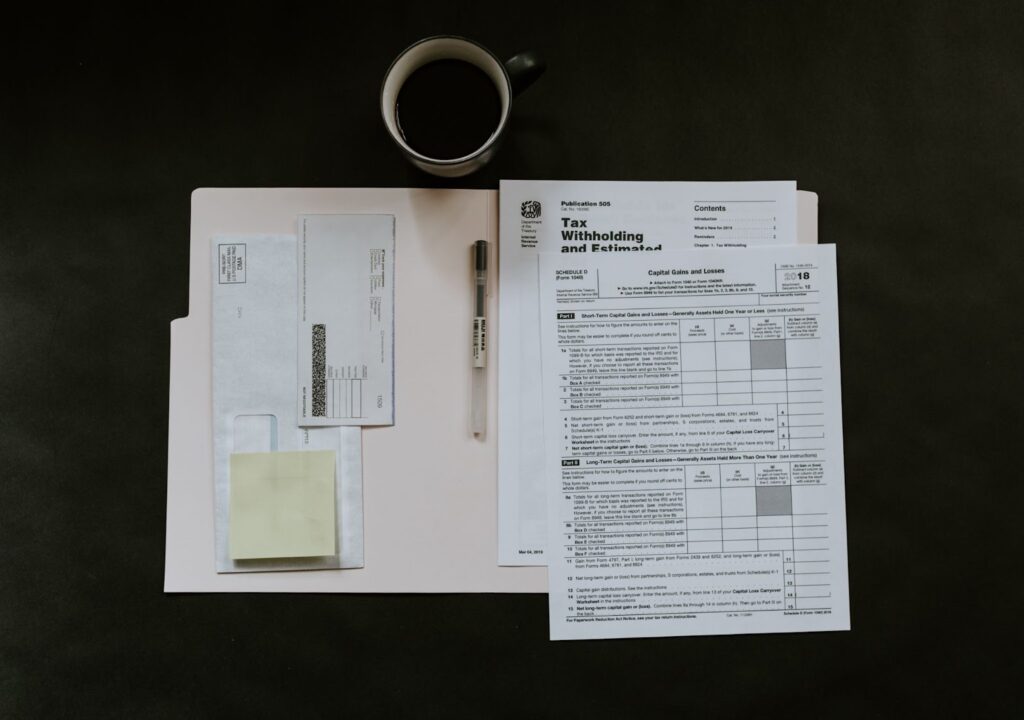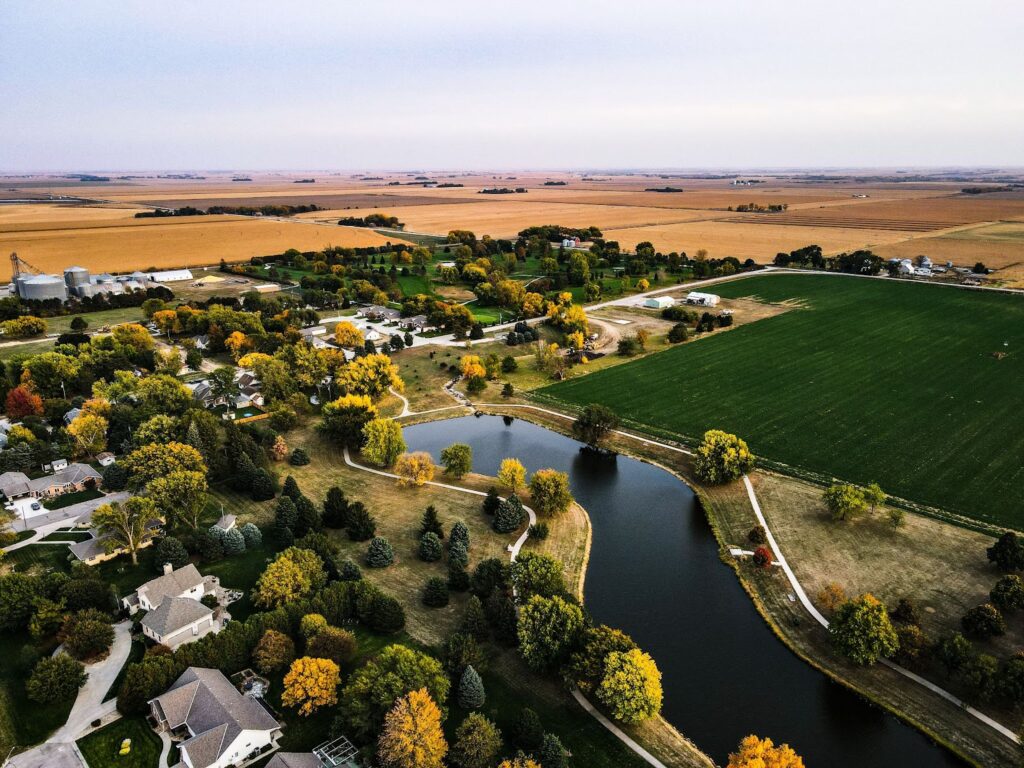
Nebraska is almost trailing in last place for solar energy in the US. The state has been slow to adopt this sunny form of renewable energy and has been focusing on wind power instead.
Ranking 47th out of all states for solar energy, Nebraska currently has enough solar to power about 10,500 homes. Solar makes up only 0.32% of the state’s energy mix; in comparison, 31% of Nebraska’s power comes from wind.
Despite solar energy not being the primary focus in Nebraska, it shouldn’t be overlooked. The available incentives and tax credits make it a viable and attractive option for those considering sustainable energy solutions.
Let’s jump into it.
In a Nutshell
- Nebraska allows you to get a loan for solar installations at favorable interest rates of 5% or lower.
- The state mandates net metering but utilities are free to set their own rates.
- Two of Nebraska’s largest utility providers offer one-time rebates for customers who go solar.
- Nebraskans can take advantage of the federal 30% solar tax credit.
- Nebraskan farmers and agricultural producers can apply for a REAP grant of up to 50%.
Nebraska Solar Incentives

Nebraska currently doesn’t offer any solar incentives that are specific to the state. Surprisingly, it’s the utility companies that are stepping up and offering the most financial incentives, which you’ll find outlined in the section below.
The Nebraska Department of Environment and Energy (NDEE) has made it easier to get funding for solar by offering accessible loans.
Called “Nebraska Dollar and Energy Savings Loans”, these are provided to customers for solar installations and carry straightforward interest rates of 5%, 3.5%, or lower.
Things to know:
- The maximum loan term is 10 years
- Minimum monthly payment is $50
- Residential, business, and agricultural solar installations are all eligible
- For systems up to 10 kW, up to $14,000 can be loaned for the first kW and up to $4,000 for each additional kW
- For systems larger than 10 kW, it’s up to $19,000 and $4,000 respectively
The generous loan limits mean that it’s likely you’ll gain full funding for your solar system.
For more information, including the application process, head here.
Net Metering in Nebraska

Net metering (where you sell your excess solar-generated electricity to the grid in exchange for credits) is mandated in Nebraska.
The catch is that it’s not “true” net metering where excess energy is purchased at retail rates. Instead, utility companies can pay whatever it has decided is a fair rate (usually, much lower than retail rates).
Net metering is also restricted to systems 25 kW in size or less, and it’s limited to 1% of whatever the utility company’s peak demand was the previous year. That means that net metering is “first come, first served” and when that 1% limit is reached, no one else can have it.
Additionally, a couple of Nebraska’s largest utility companies offer financial rebates if you sign up for their net metering program.
Here’s what we know:
- Nebraska Public Power District pays 8.45¢ per kWh during the summer period and 5.18¢ per kWh in the winter months for net metering.
- Lincoln Electric System pays a one-time capacity payment for solar installations installed by a company that is part of the LES Solar Trade Ally Network. This is, of course, if you are qualified for their net metering program.
Here’s what you get:
- $375 for southern-facing fixed-photovoltaic solar, as long as the tilt degree of the panel is greater than zero;
- $475 for western facing or single or dual axis tracking fixed photovoltaic solar, as long as the tilt degree of the panel is greater than zero.
- Omaha Public Power District gives a rebate of $2,000 if you use a Solar/Customer-Owned Generation (COG) Trade Ally for your solar installation.
US-Wide Solar Incentives
Now, let’s check out what’s available for solar across the whole of the US.
Federal Solar Tax Credit

Those who install a solar system between now and 2033 can get a massive 30% tax credit, which can be used to offset federal tax obligations.
This applies to:
- Solar installations on US soil only
- Installations that use new or limited previously used equipment
- Solar installations placed in service in or after 2022
- If you are getting solar later down the line, construction must have started no later than 2033
Additionally, the credit can be backdated for up to three years and carried forward up to five years. If you lease your solar system to a tax-exempt entity, then you won’t qualify for the credit.
If you go solar beyond 2033, you can still get a credit, albeit at a reduced amount.
- 2033: 26% tax credit
- 2034: 22% tax credit
- 2035 and beyond: The incentive ends and no credit can be earned
For business installations, including agricultural, there are bonus credits to be had on top of the 30%. Click on each one below to discover more:
To get your credit, you must complete form 8962 and attach it to your tax return from this incentive.
USDA REAP Grant

The Rural Energy for America Program (REAP) is a USDA initiative that forms part of the Inflation Reduction Act.
Designed specifically for rural businesses, farms, and agricultural producers, the initiative provides a grant for up to 50% of the cost of a solar system. If you also need funding for the remainder of the cost, REAP can act as a guarantor on loans for up to 75% of the total cost.
This incredible incentive is available by application only, and we’re glad to inform you that all of our clients who applied for one have so far been successful.
There are four remaining application windows for the REAP grant in its current form. The incentive is set to continue after September 2024, but the amount you get or the terms may change.
For now, here are the current application slots:
- June 30, 2024
- September 30, 2024
There are some qualifying criteria that your business must meet.
To qualify, your business must:
- Conform to the small business size standard as laid out by 13 CFR 121
- Be situated in an area with a population of 50,000 or less
- Have no debt, judgment, debarments, or delinquent federal taxes currently outstanding
- Be classified as a sole proprietorship, a tribal business or corporation, a partnership, a corporation, a coop, or an electrical utility
- Have at least 50% of your gross annual income generated from agricultural production
To apply for the grant, complete the following application form. If you become a client of 8760 Solar, we will help and guide you through the whole process.
Should I Get Solar if I Live in Nebraska?

Okay, so the utility companies in Nebraska are doing more than the state’s government to encourage solar uptake, which is rare! But just because the government isn’t particularly motivated, it doesn’t mean you shouldn’t be.
Solar is always a great investment because it can significantly reduce your energy bills for years to come and increase the value of your property, and if you install a solar battery, you can potentially become entirely independent from the grid.
Besides, the 30% tax credit and the REAP grant will make the initial outlay significantly cheaper. For farmers, it’s possible to see a full return on investment within a year or two.
If you’re curious about how solar energy can benefit you, we’d love for you to get in touch with our team at 8760 Solar. We specialize in providing solar energy systems to agricultural businesses and farms, and we can talk you through all the incentives and benefits you are entitled to so you can understand exactly how much you can save.
Text “READY” to 719 470-0254 or get in touch via email: sales@8760solar.com and we’ll get back to you right away.
Frequently Asked Questions
Does Nebraska Offer Solar Incentives?
Nebraska doesn’t offer any solar incentives to its residents. The state does have an accessible loan program for solar, which allows you to get funding with interest rates at 5% or lower.
Are Solar Panels Worth It in Nebraska?
Nebraska enjoys over 200 days’ worth of sunshine each year, so it is a good place to get solar. Because of the amount of sunshine, you can be assured that your panels will generate electricity for you during daylight hours, which will help you reduce your energy bills.
Can You Sell Solar Power Back to the Grid in Nebraska?
Nebraska has a net metering policy that allows you to sell your excess solar power to the grid. However, utility companies are free to set their own rates, which tend to be a lot lower than the retail rate of electricity.
